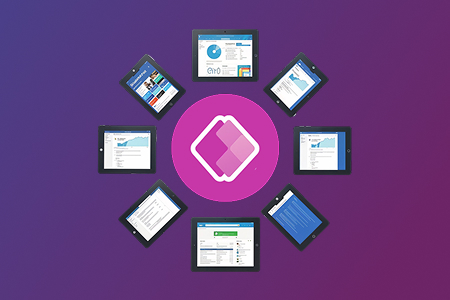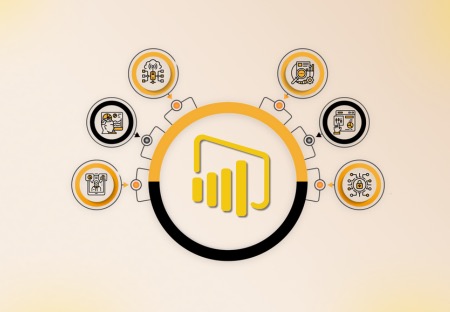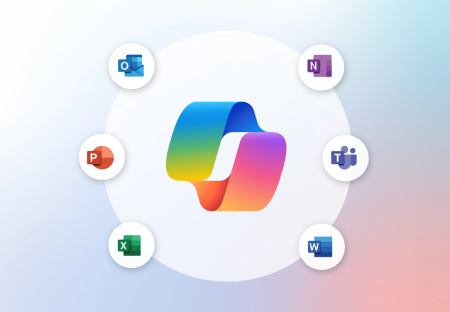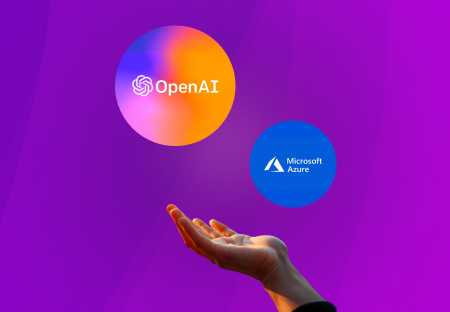In today’s digital age, artificial intelligence (AI) has become an integral part of our lives, revolutionizing industries and transforming the way we work. However, with the proliferation of AI comes the critical issue of trustworthy AI. How can users rely on AI systems to deliver accurate, ethical, and secure outcomes? Microsoft 365, Microsoft’s cloud-based productivity suite, stands at the forefront of addressing this concern, employing cutting-edge technologies and rigorous protocols to ensure the trustworthiness of its AI capabilities.
Fostering Trustworthy AI: Microsoft 365’s Commitment to Ethical Principles
Trustworthy AI encompasses various principles and practices aimed at fostering confidence and reliability in AI systems. These include transparency, accountability, fairness, privacy, and security. Microsoft 365 integrates these principles into its AI framework, prioritizing the ethical and responsible use of AI across its suite of tools and services.
Transparency and Accountability
Microsoft 365 prioritizes transparency by providing users with visibility into how AI algorithms operate and make decisions. Through features like model interpretability and explainability, users can understand the rationale behind AI-generated insights and recommendations. Moreover, Microsoft maintains accountability by adhering to strict guidelines and standards, ensuring that AI systems operate within legal and ethical boundaries.
Fairness and Bias Mitigation
Ensuring fairness in AI outcomes is paramount to Microsoft 365. The platform employs robust techniques for bias detection and mitigation, actively addressing disparities that may arise due to inherent biases in data or algorithms. By promoting diversity and inclusivity in its AI development processes, Microsoft endeavors to create equitable experiences for all users.
Privacy and Data Protection
Microsoft 365 prioritizes user privacy and data protection, implementing stringent measures to safeguard sensitive information. Through advanced encryption protocols and data anonymization techniques, the platform ensures that user data remains secure and confidential. Moreover, Microsoft adheres to global privacy regulations, such as the GDPR, to uphold the privacy rights of its users.
Building Trust in Microsoft 365: A Holistic Approach to Ethical AI Integration
Microsoft 365 employs a multifaceted approach to deliver trustworthy AI, encompassing technological innovations, ethical considerations, and user-centric design principles.
Robust Security Measures
Security is paramount in Microsoft 365’s AI ecosystem. The platform leverages advanced threat detection algorithms and behavioral analytics to identify and mitigate security risks proactively. Additionally, features like multi-factor authentication and data loss prevention enhance the overall security posture, safeguarding against potential cyber threats and unauthorized access.
Continuous Monitoring and Improvement
Microsoft 365 adopts a proactive stance towards AI integrity, continuously monitoring and evaluating its AI systems for performance, reliability, and ethical compliance. Through iterative refinement and feedback mechanisms, the platform strives to enhance the accuracy, fairness, and transparency of its AI-driven functionalities.
User Empowerment and Control
Empowering users with control over their AI experiences is central to Microsoft 365’s approach. The platform offers customizable settings and preferences, allowing users to adjust AI-driven features according to their preferences and organizational policies. By prioritizing user agency and autonomy, Microsoft fosters trust and confidence in its AI capabilities.
Collaborative Ecosystem
Microsoft 365 thrives on collaboration, engaging with diverse stakeholders to co-create solutions that prioritize trust and integrity. Through partnerships with industry experts, academia, and regulatory bodies, Microsoft ensures that its AI initiatives align with best practices and ethical standards, driving collective progress towards a trustworthy AI future.
Ethical Governance Framework
At the heart of Microsoft 365’s AI strategy lies an ethical governance framework that guides the responsible development, deployment, and use of AI technologies. This framework encompasses ethical principles, risk assessments, and compliance mechanisms, enabling Microsoft to navigate complex ethical dilemmas and societal implications associated with AI.
Conclusion
In conclusion, Microsoft 365 sets a benchmark for trustworthy AI, leveraging technological innovation, ethical governance, and user-centric design to ensure the integrity and reliability of its AI capabilities. By prioritizing transparency, accountability, and user empowerment, Microsoft 365 fosters trust and confidence in AI-driven solutions, driving positive outcomes for organizations and society.











